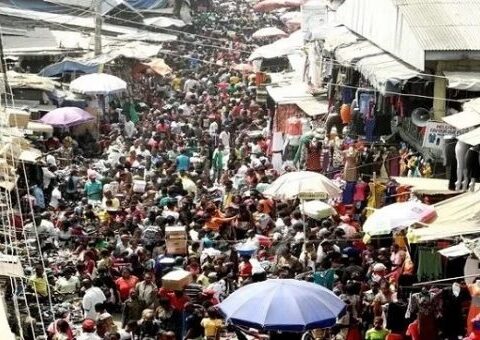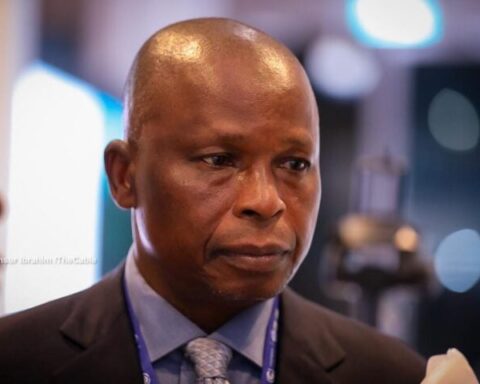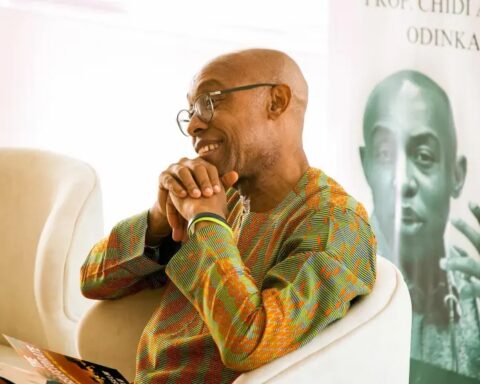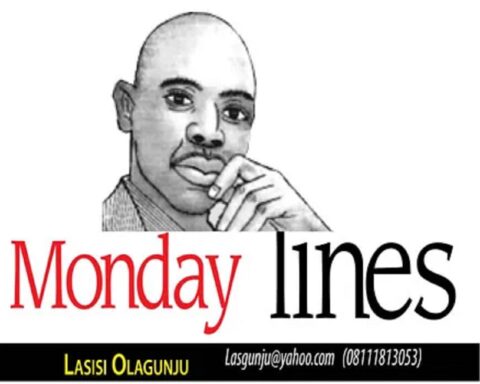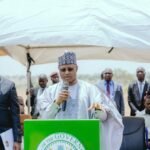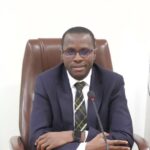By Adebamiwa Olugbenga Michael
The reported move by Nigeria’s Department of State Services (DSS) to pressure Meta into taking down activist Omoyele Sowore’s Facebook page has sparked outrage among rights advocates. Human rights campaigner Deji Adeyanju condemned the action, describing it as an “unacceptable assault on free speech and democracy.” His remarks highlight a deepening debate in Nigeria: where should the line be drawn between legitimate criticism of leaders and unlawful defamation?
At the heart of the controversy is Sowore’s longstanding reputation as a fearless critic of successive governments. Adeyanju insists that silencing him would amount to gagging dissenting voices, warning that the survival of Nigeria’s democracy depends on protecting such freedoms. “Every citizen has the right to freely share their opinions, even when those opinions do not align with those in authority,” he stressed. His argument resonates with constitutional guarantees that uphold freedom of expression as a cornerstone of civic participation.
Yet the issue is far from simple. While the 1999 Constitution grants every Nigerian the right to express opinions, that right is not absolute. Nigerian law provides safeguards against defamation and incitement, and critics who make serious allegations must be prepared to substantiate them. When Sowore refers to the president as a “criminal,” the remark if not supported by credible evidence could be interpreted as defamatory rather than mere political commentary.
This nuance exposes the tension at play, citizens must be free to challenge authority without fear, but that freedom also comes with responsibility. Adeyanju’s framing strongly defends Sowore’s right to speak but pays little attention to the legal implications of unsubstantiated allegations. In mature democracies, the line between protected speech and defamatory speech is often contested, but it is the courts not intelligence services that adjudicate such disputes.
Comparative perspectives shed light on the debate. In the United States, the First Amendment provides robust protection for political speech. Citizens can describe their leaders in harsh terms, including calling them “criminals,” so long as the statement is understood as opinion. However, where false factual claims are alleged, the president may pursue a defamation case in civil court. What is not permissible in the US is for the FBI or CIA to attempt to shut down critics’ social media accounts.
The United Kingdom strikes a different balance. While freedom of expression is protected under the Human Rights Act, defamation laws are stricter than in the US. A baseless claim that the Prime Minister is a “criminal” could more readily trigger a libel suit. Still, as in America, it would be extraordinary and improper for MI5 or any security agency to intervene in such a matter. Remedies would lie in civil proceedings, not covert censorship.
Nigeria’s challenge lies in avoiding the authoritarian temptation to use national security as a shield against criticism. When intelligence services begin to police political commentary, the result is not stability but democratic backsliding. Citizens begin to self-censor, opposition voices are muted, and government accountability suffers. In this sense, Adeyanju is correct, the DSS, by overstepping its statutory mandate, risks undermining the very freedoms it is meant to safeguard.
At the same time, Sowore’s rhetoric illustrates why free speech debates are rarely one-sided. Democracies must defend the right to criticize, even sharply, but activists and politicians alike must recognize that allegations of criminality carry legal consequences. A system in which every leader can be branded a criminal without evidence is just as corrosive to democracy as one in which dissent is silenced by force.
The proper course, therefore, lies in the courts. If Sowore’s statements are defamatory, the president or his allies can seek redress through civil litigation, as is the practice in other democracies. Likewise, government officials can deploy official platforms to rebut his claims. Resorting to security agencies, however, is disproportionate and legally unfounded.
In the end, this controversy is less about Sowore alone than about Nigeria’s democratic direction. A healthy democracy must tolerate uncomfortable voices, provide lawful avenues for redress, and resist the urge to equate criticism with criminality. The DSS may see itself as protecting national security, but in targeting dissenters, it risks eroding the very democratic freedoms that give legitimacy to the Nigerian state. NNL.

